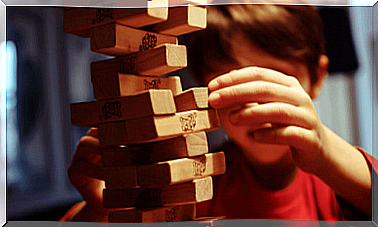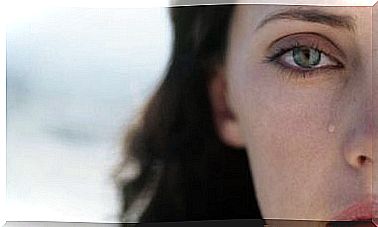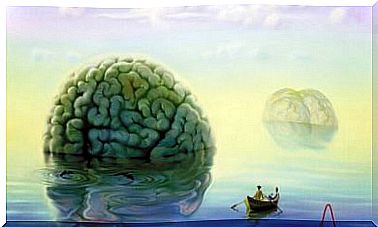How Do You Know If You Have A Toxic Friendship?
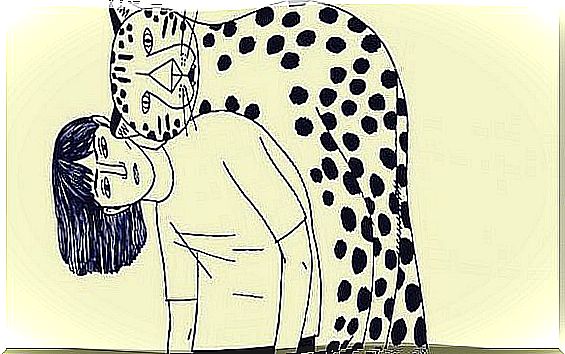
A toxic friendship is not one-sided. The toxic part always refers to at least two. In some cases, the two involved in these friendships have obvious toxic behaviors. In other cases, one of the two is the active party and the other is the passive. The latter almost always have very low self-esteem. The truth is that it is not a question of good and bad, but rather of inadequate and destructive relationships and ways of relating to each other.
In the East, they have a rule of life that may seem very obvious, but which shows great wisdom: “equal always seeks equal”. In human relationships, whether consciously or unconsciously, we seek and attract those who have strengths and weaknesses similar to our own. It is unusual for people with good mental health to end up getting involved with a very neurotic or “toxic” person. Perhaps it is low self-esteem and continuous derogatory or harsh treatment received in childhood that causes a person to get along with someone who creates a toxic friendship.
No one is so unattractive that they have to be escaped. No one is so perfect that they live without making a single mistake or have no aspects to improve. A toxic friendship is a destructive one, and both deliver the poison.
Sometimes it’s about changing the relationship. Other times, there is no choice but to break it. The most important thing is to learn to identify which symptoms show an inadequate relationship. Here are some of them.
In a toxic friendship, there are systematic derogatory comments
Toxic friendship is common in people with low self-esteem. One of the most damaging aspects of this type of relationship is the derogatory comments that are not expressed explicitly, but rather in a disguised way. If they were said openly, they would possibly lead to a distancing. Therefore, subtleties, irony, sarcasm and hidden messages are used.
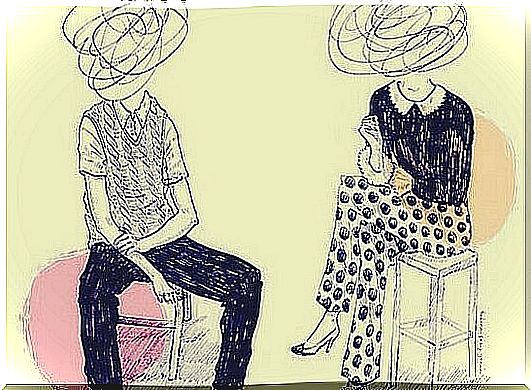
The content of these messages is aggressive. They seek to reduce the value of the other person or their performance. In a toxic friendship, there is an ambivalence: one is friend and foe at the same time. There is closeness and distance at the same time. To keep this double game going, covert criticism is very common. What normally happens is that it comes from both sides, and that they keep it going. The two people hurt themselves, but they manage to cover it up.
Friendship, or guilty of connection?
There are friends where you always seem to end up breaking some rule with. This happens to people whose conditions are based on the consumption of alcohol or some other addictive substance. There are also cases where the relationship is maintained to cover up infidelity, avoid obligations or incur something superfluous. This is a clear case of helping and participating and ending up in bad company.
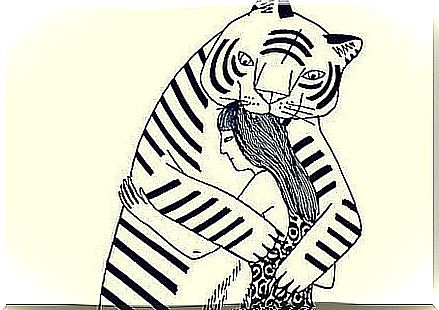
In this case, friendship is toxic because the “friend” is only a tool to support behavior that is far from positive. Neither of them is interested in the other. They simply use each other to highlight inappropriate aspects of their personalities. This type of friendship usually ends when one of the two wants to improve his life. In fact, the other person will try everything possible to prevent this from happening, because, if not, they will be left without their accomplices.
You feel bad all the time
An unmistakable symptom of toxic friendship is the feeling that sits in you after you have spent time with that person. Sometimes you experience a kind of heaviness. You feel emotionally exhausted. You may experience irritation, but you can not clearly identify the cause. Feelings of guilt and sadness can also occur.
There is probably a whole network of unconscious symptoms coming together. This is why you feel bad after being with that person, and yet, anyway, you can not end the friendship. The union between the two is neurotic and depends on unconscious feelings or desires. The truth is that all this stresses you out, but it is as if it is inevitable to live the same experience over and over again.
It’s all about a negative view
There are friends who come together and always transmit negativity. Sometimes it is with biting criticism of other people. In this kind of toxic friendship, gossip, intrigue and dismay about others are freely thrown around. They share views that humiliate others and fuel existing conflicts. They reinforce each other’s attitudes and it unites them.

In other cases, complaints fill the air. It’s not so much that they seek a shoulder to cry on. What they do is fight to see who is the most unfortunate victim or reinforce each other’s feelings of being a victim. They ponder their difficulties and apologize for them, but show no desire to get over them. On the contrary. They love their wounds and take care of each other, but they are not interested in healing them.
There is no reciprocity.
A healthy friendship is based on the basis of reciprocity and balance.
But there are people who just contact their friends to demand things from them or ask them for things. They see themselves as people who need a lot from others. And with the same logic, others have the implicit duty to give. In many cases, they do not realize that they are like that, because their egocentrism prevents it. The lack of reciprocity shows itself when, for example, only one person is talking, while the other only has to listen. Or when one of the two feels that their problems are undoubtedly more important and of higher priority than the other person’s. It is also often the case that when someone is in trouble, their friend disappears. You can only count on him when everything goes perfectly.
A toxic friendship takes much more than it provides. Actually, it has little to do with friendship. It may be a true common affinity, but the way the relationship is structured and lived out makes it detrimental to both. The other person is not the only problem, it is also the one who tolerates this type of relationship passively.
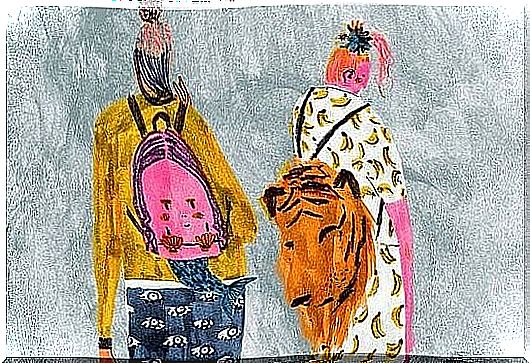
We always end up looking a bit like the people we spend time with. If our goal is to get better and better, to grow and to protect our well-being, it is important that we choose the type of people we build a friendship with.
Photos courtesy of Amèlie Fontaine

